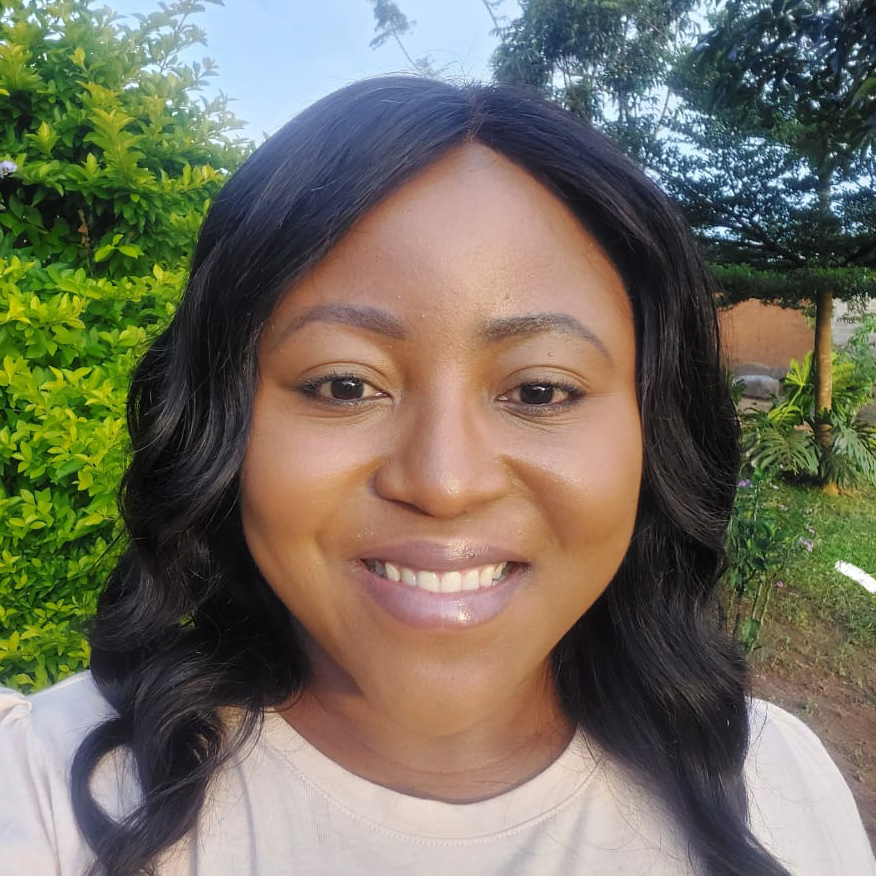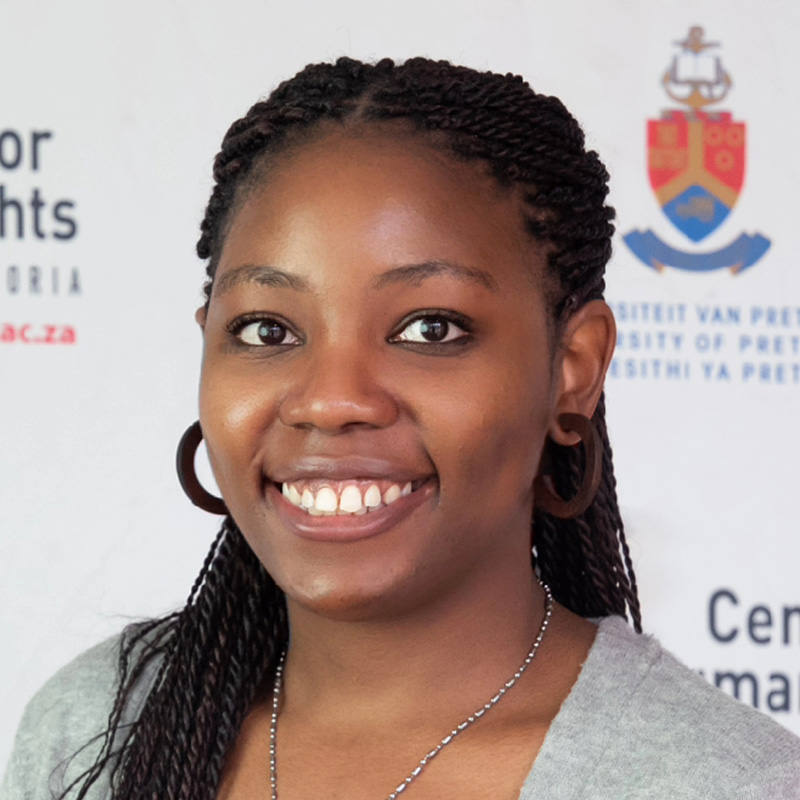On 18–19 August 2025, the Centre for Human Rights, in collaboration with Africa Unite and Refugee Social Services, hosted a two-day training workshop on Community Leadership and Human Rights: Promoting Solidarity and Dialogue at the Diakonia Conference Centre in Durban, KwaZulu-Natal.
The workshop convened 25 participants, including community leaders, educators, healthcare workers, students, faith-based representatives, and members of migrant and refugee communities. The objective was to build knowledge on human rights, migration, and media literacy, while equipping participants with practical tools to counter xenophobia and strengthen social cohesion at the community level.
The training commenced with welcoming remarks from Prof Ebenezer Durojaye, Acting Director of the Centre for Human Rights, who highlighted the urgent need to address rising hostility towards migrants in South Africa. He stressed the importance of community-level dialogue, education, and solidarity in countering harmful narratives and fostering inclusive communities.
The training took place against the backdrop of rising anti-immigrant sentiment in Durban, where groups such as Operation Dudula and March and March have recently attempted to block foreign nationals from accessing public health services. These incidents reflect a broader trend of intimidation and misinformation targeting migrants in South Africa, underscoring the importance of dialogue and solidarity initiatives.
Sessions were facilitated by representatives from the Centre for Human Rights, Africa Unite, Refugee Social Services, Lawyers for Human Rights, and Media Monitoring Africa. Participants examined foundational human rights concepts, the legal framework for migrant protection in South Africa, health and refugee rights, and international and regional migration standards. They also engaged in interactive activities on identifying misinformation, explored media narratives, and heard personal testimonies from members of migrant communities.
Key challenges identified during the discussions included corruption and harassment faced by migrants, the use of derogatory language such as kwerekwere, limited awareness of legal protections, and distorted narratives linking migrants to crime. Participants recommended strengthening human rights and migration education in schools and communities, empowering youth through leadership initiatives, promoting positive media engagement, and supporting grassroots projects that build inclusion and solidarity.
Feedback from participants was overwhelmingly positive. Many described the training as engaging and thought-provoking, noting that it equipped them with practical strategies to apply in their community work. Several committed to raising awareness through workshops, dialogues, church and youth programmes, and local networks. While some challenges such as language barriers and limited resources were noted, participants expressed confidence in advancing inclusive leadership in their communities.
The workshop concluded with closing remarks from Mr Lloyd Kuveya, who encouraged participants to continue advocating for tolerance and the rights of migrants. Certificates of participation were presented, marking the end of a productive training and the beginning of renewed efforts to promote solidarity in Durban and beyond.
The Centre, through its Migrants’ Rights Unit, will continue to advance the protection of migrants’ rights and to foster solidarity between migrant and host communities. The Unit carries out this work through various initiatives, including training workshops and community dialogues. This dialogue was made possible with the financial support of the European Union Delegation to South Africa.








